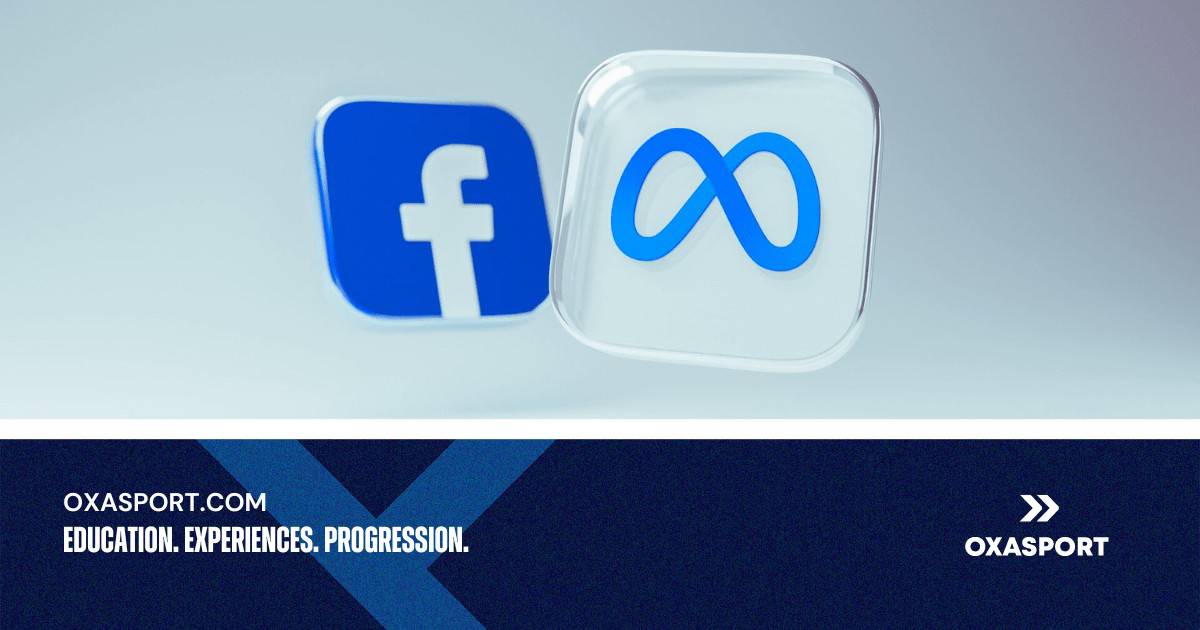Facebook Ads (now called Meta Ads) has been around for a long time. After all, Facebook was founded back in 2004 and Facebook started showing ads on its website in 2007.
Today, more than 15 years on, Facebook still remains one of the most popular social media platforms for football clubs to engage with their supporters and local community.

But despite the many football academies running ads on Facebook, many still do not use the Facebook Ads Pixel to improve their results.
1. What is the Facebook Ads Pixel?
The Facebook Ads Pixel is a small piece of computer code given to you by Facebook that you can place on your website. It is used to track visitors that visit your website and to record particular actions that these visitors perform during their time on your site.
By tracking website visitors and specific actions, you are able to measure the effectiveness of the advertising campaigns you launch on Facebook & Instagram. And, you can improve your advertising results by giving Facebook more information to achieve your objectives.
2. How Does The Facebook Ads Pixel work?
Once the Facebook code is added to your website, the Facebook Ads Pixel is able to send information back to Facebook, for example, when someone visits your website or when a visitor takes a specific action that you have chosen to record.
The Facebook Pixel will start tracking visits and actions that users take on your website in the background and sending this information back to Facebook.
By sending this information to Facebook, you can do useful things such as:
- Show your ads on Facebook & Instagram to people that visited a specific page on your website
- Show your ads to people that took a specific action on your website (for example, people that registered for a football event)
- Track how many people bought a product on your website after seeing your ads
- Optimise your campaigns to show your ads to people most likely to take a specific action on your website
This helps you show your ads more accurately to people you want to reach on Facebook & Instagram, which lowers the amount your have to spend to reach your goals, and therefore improves your advertising campaigns.
Important Note: It is obligatory to ask permission to your website visitors before tracking their actions to comply with GDPR regulations. This is done by using a cookie-banner on your website, which will launch Facebook’s code only if visitors gives you permission.
3. Key Benefits For Football Academies
Setting up the Facebook Pixel on your website presents several benefits to your football academy:
- Optimizing Your Ads: With the data collected by the Pixel, Facebook can optimize the delivery of your ads to users who are more likely to take your desired actions. This includes showing ads to people who are similar to those who have already engaged with your website.
- Retargeting: The Pixel allows you to show targeted ads to users who have previously visited your website based on the data it collects. For example, you can retarget all users that visited your football camps webpage or all users that registered for an event on your website. This helps in re-engaging potential customers who have shown interest or completed a desired action.
- Measuring your Conversions: you can define specific actions on your website as “conversions” and using the Facebook Pixel, you can track each time a conversion occurs. For example, you can track how many people completed a registration form, or made a purchase, or any other action that is valuable to your business. Each time a visitor completes the action on your website, one conversion is counted. This allows you to measure how many times valuable actions are completed on your website. And, it can tell if people are taking these actions after having seen your Facebook ads.
- Dynamic Ads: The Facebook Pixel also you to create dynamic ads, which automatically show different products or content to users based on their previous interactions with your website. This is particularly useful for e-commerce businesses or those with a variety of offerings.
Important Note: The Facebook Ads Pixel primarily relies on the famous “cookies” in order to function. Cookies are saved by web browsers (like Google Chrome, Safari, Firefox). Because of privacy rules, many cookies that track visitors’ actions are no longer going to be saved by web browsers. This is making it more difficult for advertisers to target users as accurately as before. But, Facebook is also providing new privacy compliant solutions such as the Conversions API that work together with the Facebook Ads Pixel, to help advertisers run better ads.
Thanks for reading!
We hope this article gave you a better idea of what The Facebook Ads Pixel is and how you can use it to become an even better football academy. At Oxasport, we help football coaches and academies improve their skills through experiences and educational resources. You can check out our Football Education Programs for football coaches and players to discover experiences develop your skills at the best Clubs in the world.